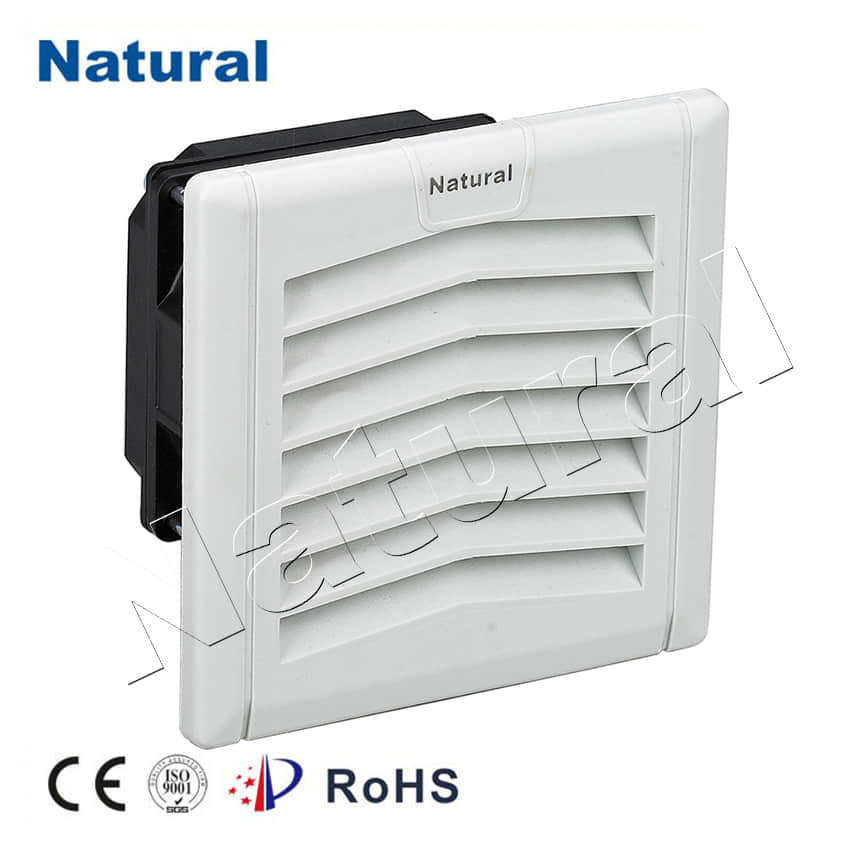In today's fast-paced world, air quality is a topic of increasing concern. With industrialization and urbanization on the rise, maintaining clean and healthy air has become a paramount priority. One innovative solution to this problem is the fan air filter, a technology that has been steadily gaining ground due to its efficiency and effectiveness. In this article, we will delve into the world of fan air filters, exploring their advancements and the numerous benefits they offer.

The Evolution of Fan Air Filters Fan air filters have come a long way since their inception. Early models were bulky, noisy, and had limited filtration capabilities. However, with advancements in technology, they have undergone a significant transformation. Modern fan air filters are sleek, compact, and operate quietly, making them ideal for both residential and industrial use.
How Fan Air Filters Work
At the heart of a fan air filter is a powerful fan that draws in air from its surroundings. As the air is pulled in, it passes through a series of filters designed to capture particles, pollutants, and contaminants. These filters can range from simple mechanical filters to more advanced HEPA (High-Efficiency Particulate Air) filters capable of trapping particles as small as 0.3 microns. The cleaned and purified air is then circulated back into the environment, providing a breath of fresh, clean air.
Benefits of Fan Air Filters
Improved Air Quality: Fan air filters are highly effective at removing dust, pollen, pet dander, smoke, and even microscopic particles from the air. This results in a noticeable improvement in indoor air quality, reducing the risk of allergies and respiratory issues.
Health Benefits: Cleaner air means better health. Fan air filters can help alleviate asthma and allergy symptoms, making life more comfortable for those who suffer from these conditions.
Odor Removal: Many fan air filters come equipped with activated carbon filters that can absorb and neutralize unpleasant odors, such as cooking smells, pet odors, and chemical fumes.
Energy Efficiency: Advanced fan air filters are designed to be energy-efficient, consuming minimal power while running continuously. They can be integrated into existing HVAC systems, ensuring that the entire indoor space benefits from filtered air.
Reduced Maintenance: Modern fan air filters are easy to maintain. Most models have filter replacement indicators that notify users when it's time to change the filters, ensuring optimal performance with minimal effort.
Peace and Quiet: Unlike their noisy predecessors, contemporary fan air filters are designed to operate silently, allowing you to enjoy cleaner air without the distraction of constant background noise.
Environmental Benefits: By removing airborne pollutants, fan air filters contribute to reducing environmental pollution. This, in turn, helps mitigate the effects of air pollution on the planet.
Applications of Fan Air Filters
Fan air filters find applications in various settings:
Residential Use: They are commonly used in homes, improving the air quality in bedrooms, living rooms, and kitchens.
Office Spaces: Offices benefit from fan air filters to create a healthier and more productive work environment.
Healthcare Facilities: Hospitals and clinics rely on fan air filters to maintain sterile environments and protect patients from airborne contaminants.
Industrial Settings: Fan air filters are indispensable in industries where air quality is crucial, such as pharmaceutical manufacturing and electronics assembly.
Conclusion
Fan air filters have evolved into essential tools for maintaining healthy indoor air quality. Their technological advancements, coupled with a myriad of benefits, make them an attractive solution for individuals and businesses alike. By investing in fan air filters, we not only safeguard our health but also contribute to a cleaner and more sustainable environment. In a world where clean air is a luxury, fan air filters are a necessity.
 28 items Patent
28 items Patent
 28 items Patent
28 items Patent
 28 items Patent
28 items Patent
